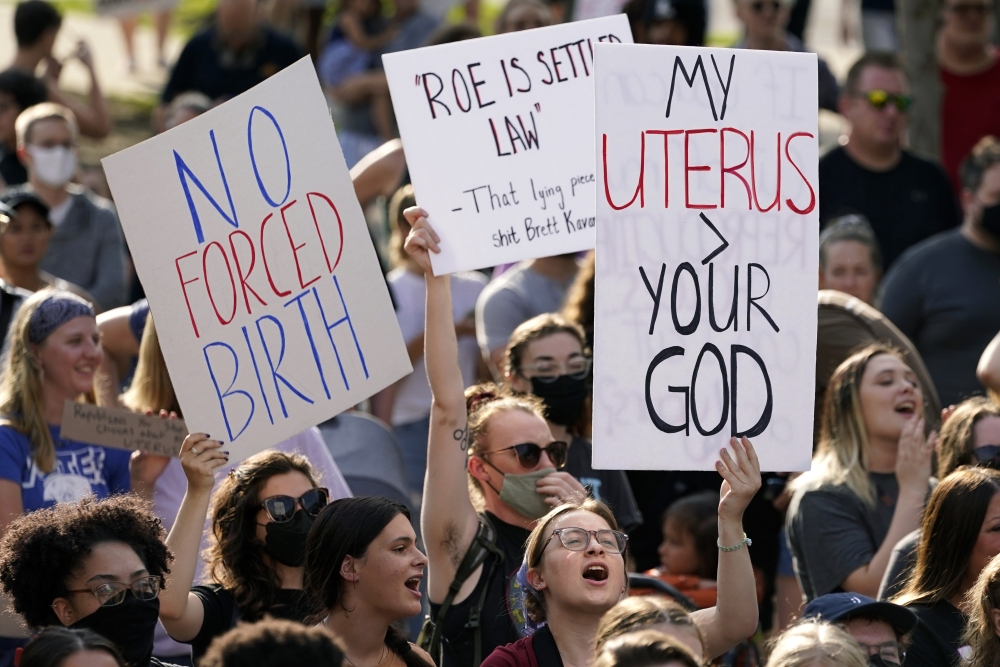

In Maine, 49% of homicides between 2000 and 2023 involved women who were victims of domestic violence.
When these statistics reach the public, we know they will be met with the same momentary surprise as when the Kids Count Data Center reveals the number of children who have died from abuse and neglect. These murders, and those identified as the result of domestic violence, will quickly disappear from the public eye and consciousness, if not from the conscience.
Find media articles and judicial arguments that state suicide as an outcome for women who are denied their reproductive choice. Find articles and judicial arguments that point to the risk of murder of women and children through domestic violence as a risk of being denied their reproductive choice.
There is little recognition of the risk of suicide, or of the very real risk that mothers and children born from unwanted pregnancies will be targets of ongoing or emerging domestic violence. A history of abusive relationships does not predispose people to develop non-abusive parenting. Parenting is complex. Some people weather the complexities, others don’t.
Local news viewers sometimes don’t have access to coverage of domestic violence beyond the first few lines of police reports. This reduces victims of domestic violence to statistics and has the effect of blocking public consciousness. The numbers and news headlines don’t convey the fascinating details of people’s lives or instill the awareness that anyone could be one of those numbers.
Both women and men are powerless in violent and abusive relationships. Women, especially, can feel utterly hopeless if impregnated by a partner whose tendencies and history predict that he or she will be an irresponsible, absent parent, or emotionally if not physically abusive, in the future. They then become unwilling participants in society’s failure to prevent violence against children.
Another analysis of Maine’s homicide statistics reveals the number of children who died as a result of abuse or neglect, either before or after Child Protective Services became involved.
In 2021, 34 children died due to abuse or neglect. That number was 31 in 2022 and 25 in 2023. From 2021 to 2023, the foster care placement rate per 1,000 minor children ranged from 9.0 to 9.6. In Maine, 2,020 children were in foster care in 2021, compared to 2,320 in 2022 and 2,401 in 2023. These figures from the Kids Count Data Center are the result of deep suffering that has already occurred by removing children from high-risk homes, sometimes succeeding and sometimes failing to prevent further suffering.
These numbers are never mentioned. Despite the kowtowing of Supreme Court Justices Amy Coney Barrett, Clarence Thomas, Samuel Alito, and many other public figures who claim to care for human beings, this society, including Maine, fails to protect children and women of childbearing age far more often than we know. The signs of that failure only become apparent months later, in the mounting numbers. Those numbers may also include women who are denied their reproductive choices and are in deep, irreparable despair. That, too, we don’t know.
Correction (July 27, 2024): Due to an editor’s error, the word “is not” was omitted from the fourth paragraph: “A history of abusive relationships does not tend to lead to non-abusive parenting.”
Copy story link
Related article
Tara Thomas Agency stands at the forefront of the entertainment industry, with years of experience dedicated to nurturing the most exceptional talents and successful acts.